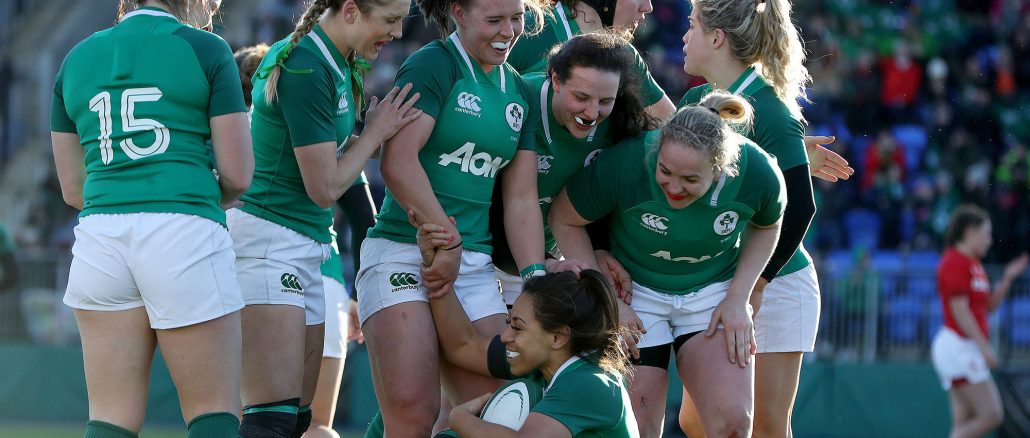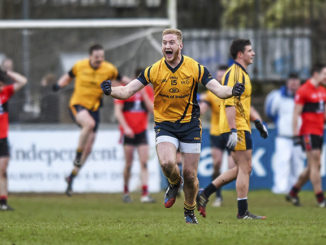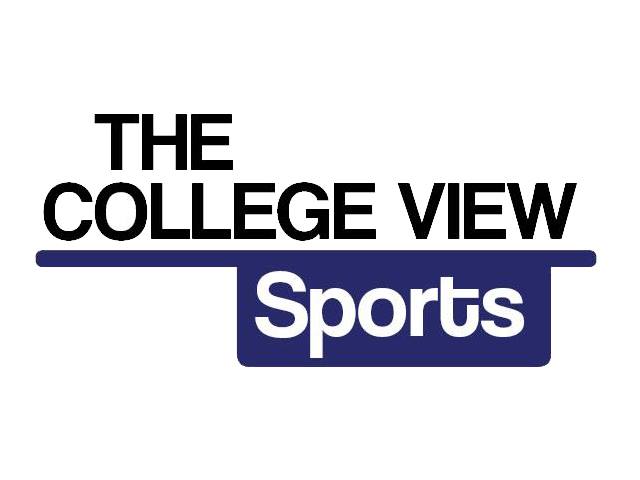
[dropcap]T[/dropcap]here’s a notion going around that men’s sports are being prioritised over women’s amidst the on-going pandemic, garnering a resounding wave of pity for female athletes across Ireland.
While women’s sports has had its fair share of disappointments due to Covid-19, not to mention the odd controversy here and there, the idea that women’s sport has had it worse off than men’s is absurd.
Both men and women’s sports have been knocked this year and yet both have had their fair share of success.
Female athletes have flourished over the last year with four Irish women, Cleirigh Buttner, Nadia Power, Georgie Hartigan and Louise Shanahan, making it inside the top 20 of the world rankings for athletics – the only European country to have more than three people on the list.
In fact, as the third lockdown came into play Power broke the Irish 800m record twice in two weeks. Just recently Power and Sarah Lavin also took to the podium at the world Athletics Indoor Tour in Madrid.
In boxing, 20 year old Katelynn Phelan became the youngest female professional boxer in Ireland and historically claimed the World Boxing Council Youth title, the Women’s International Boxing Association title and the World Boxing Federation title.
Cycling’s Eve McCrystal and Katie George Dunlevy got a new personal best and picked up silver at the UCI Para-Cycling Road World Championships last December.
To write off women’s sport over the last year as have ‘taken a hit’ by the pandemic is a false narrative and takes away from the huge success these athletes have achieved.
Of course, there has been times when it seems a case of unequal opportunities – the Six Nations for instance. There was controversy over the fact that as we came out of our second lockdown, it was announced that the 2021 Women’s Six Nations would be postponed to a later date, while the men played on.
People questioned why it was safe for the men’s team and not the women’s team, why the IRFU couldn’t see the obvious problem with the difference and ‘why were girls constantly being pushed to the side’.
It’s not an issue of prioritising the men’s in a time of crisis nor is it a safety precaution for the women’s team, it has a much simpler answer, and solution – the women’s team are amateurs whilst the men’s are professional.
The conversation should be directed at changing women’s rugby player’s status, not dismissing it as “unfair”.
With the high Coivd-19 rates still across many European countries, players must be able to have sufficient time to travel, quarantine and remain in their bubble.
The women’s team can’t afford to quarantine for two weeks here and there because they’ve jobs to get back to and bills to be paid. Amongst the Women’s Six Nations, four of the teams are amateur, one is semi-professional and one is professional.
With the Women’s Six Nations dates just set and the announcement of a new U20’s team, women’s rugby are getting through the pandemic, despite the setbacks, the conversation surrounding them should be about the possibility of turning semi-professional or ideally, professional.
In fact, the entire last year in sport needs to be looked at positively, rather than through the typical ‘men are treated better’ lens.
The Irish rugby women’s team couldn’t begin their Six Nations when the men did because they quite literally couldn’t afford to – that is what people should be focusing on.
Jessica Woodlock
Image credit: Irish Rugby



